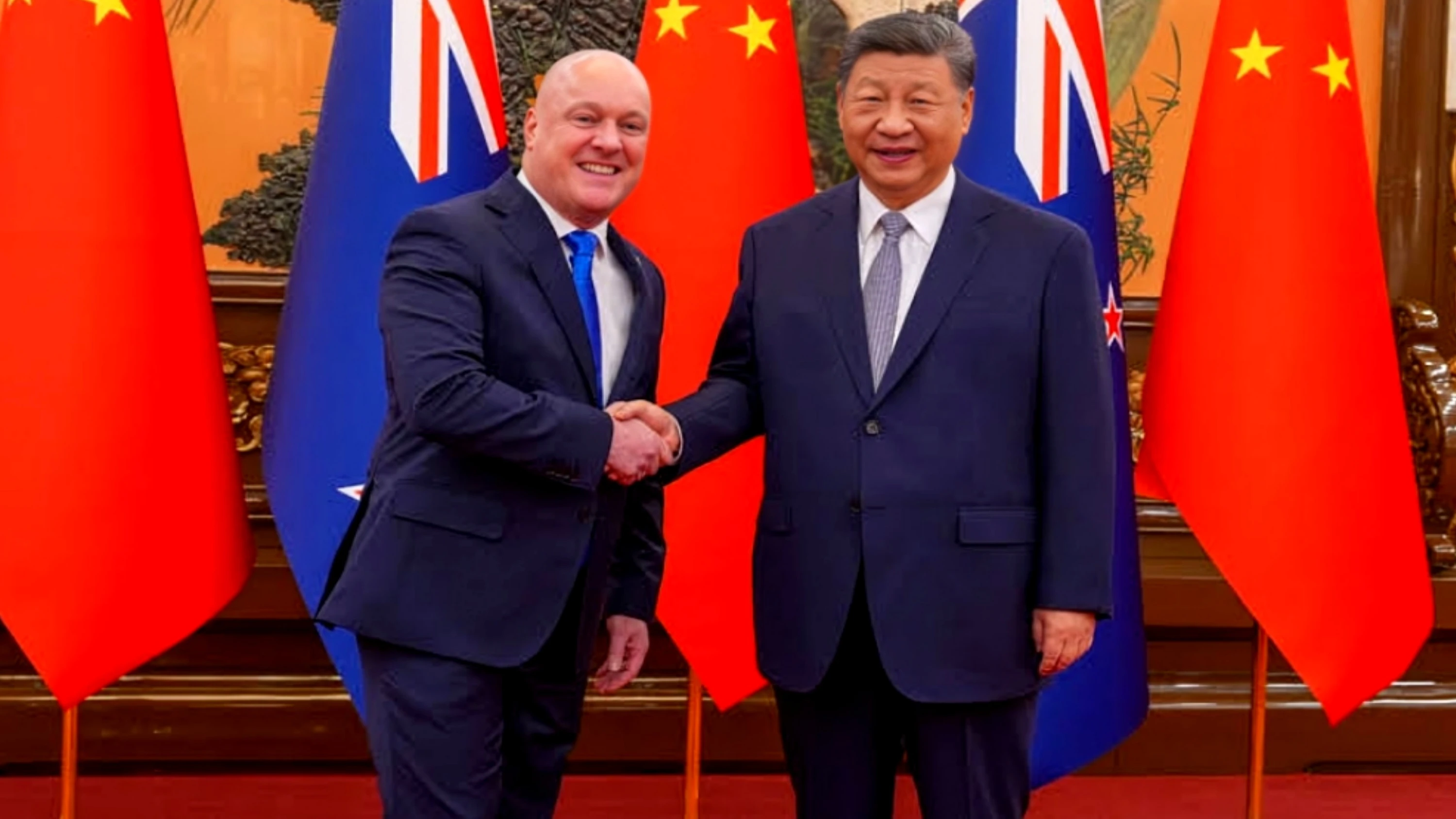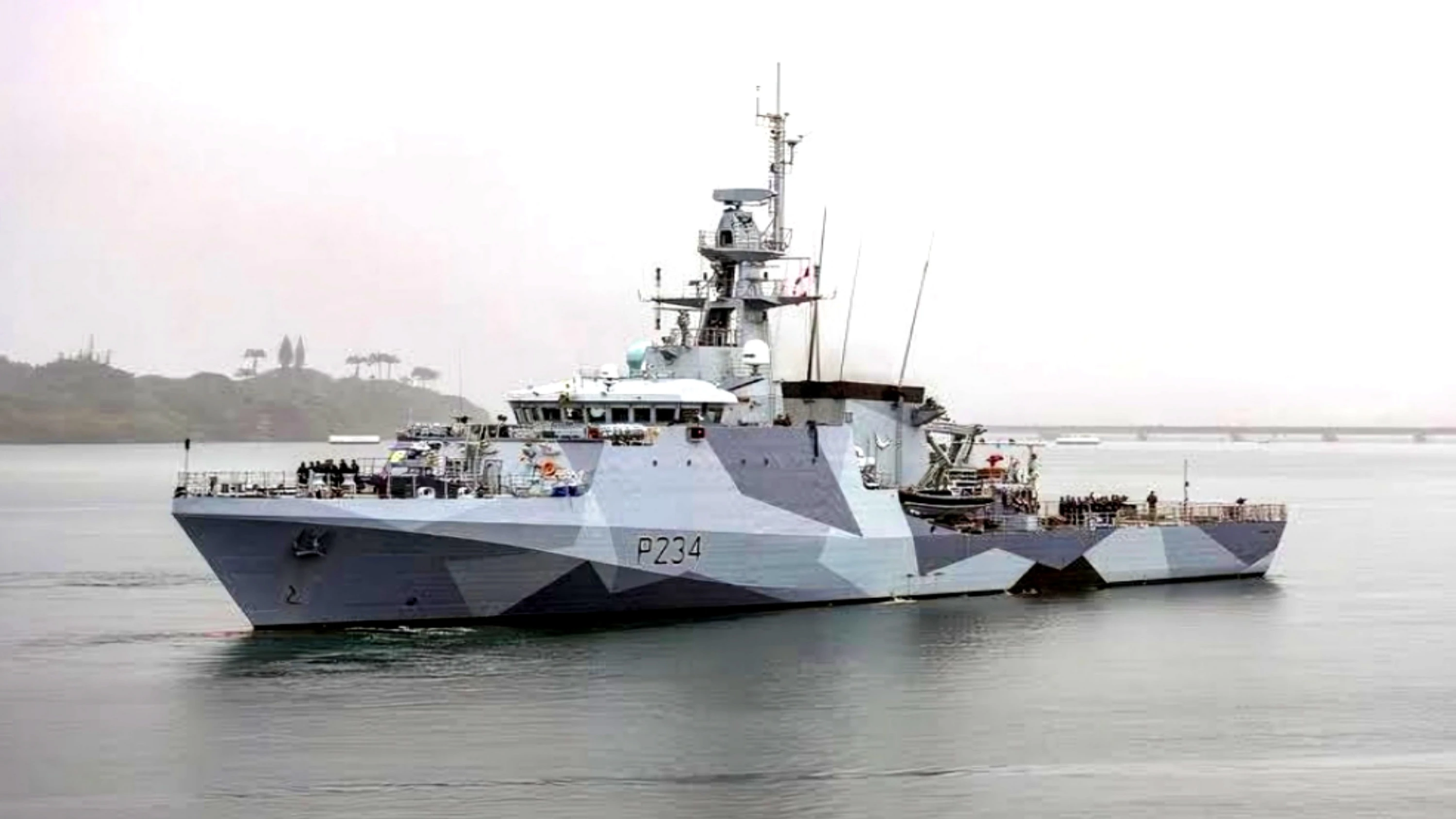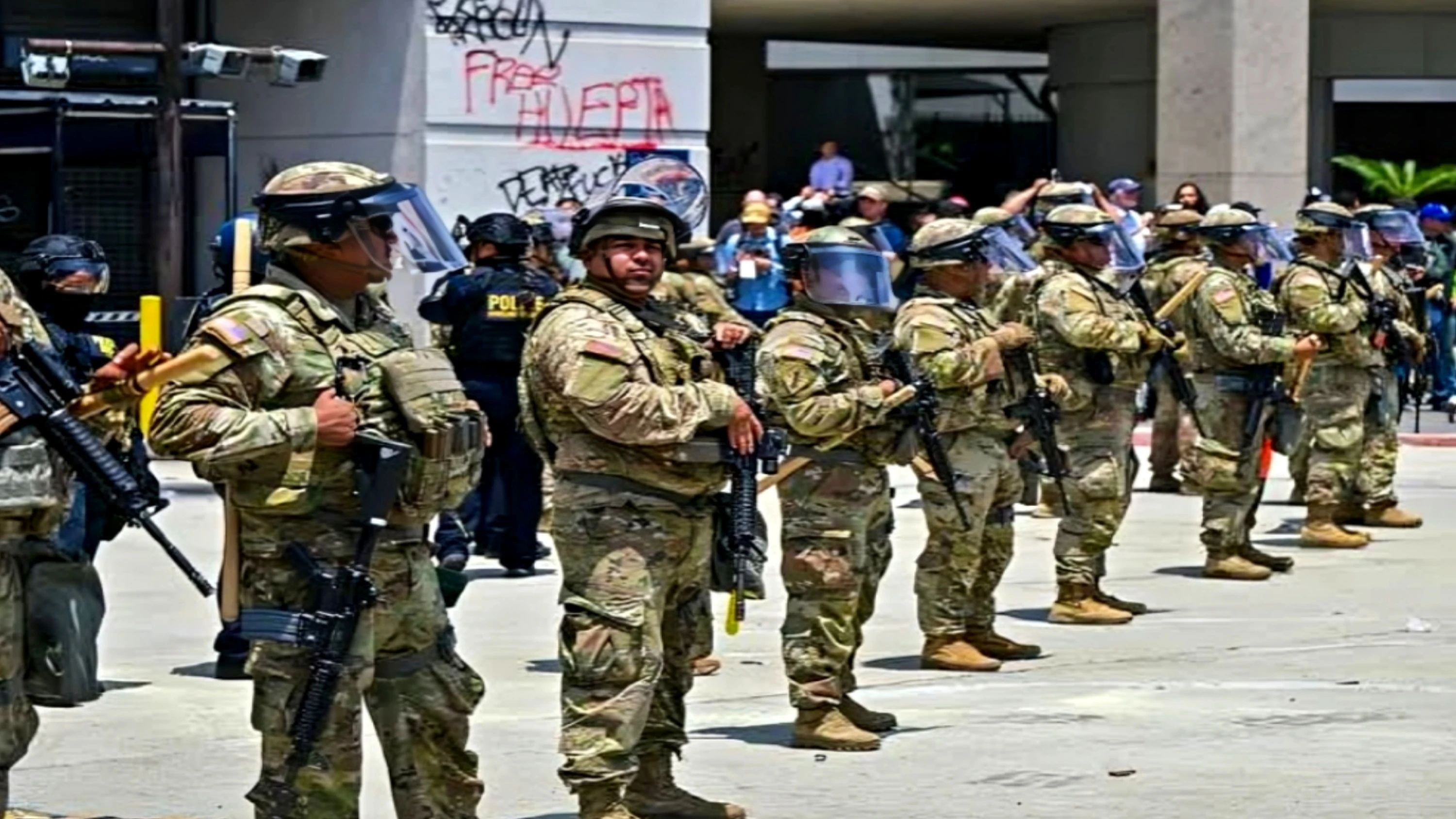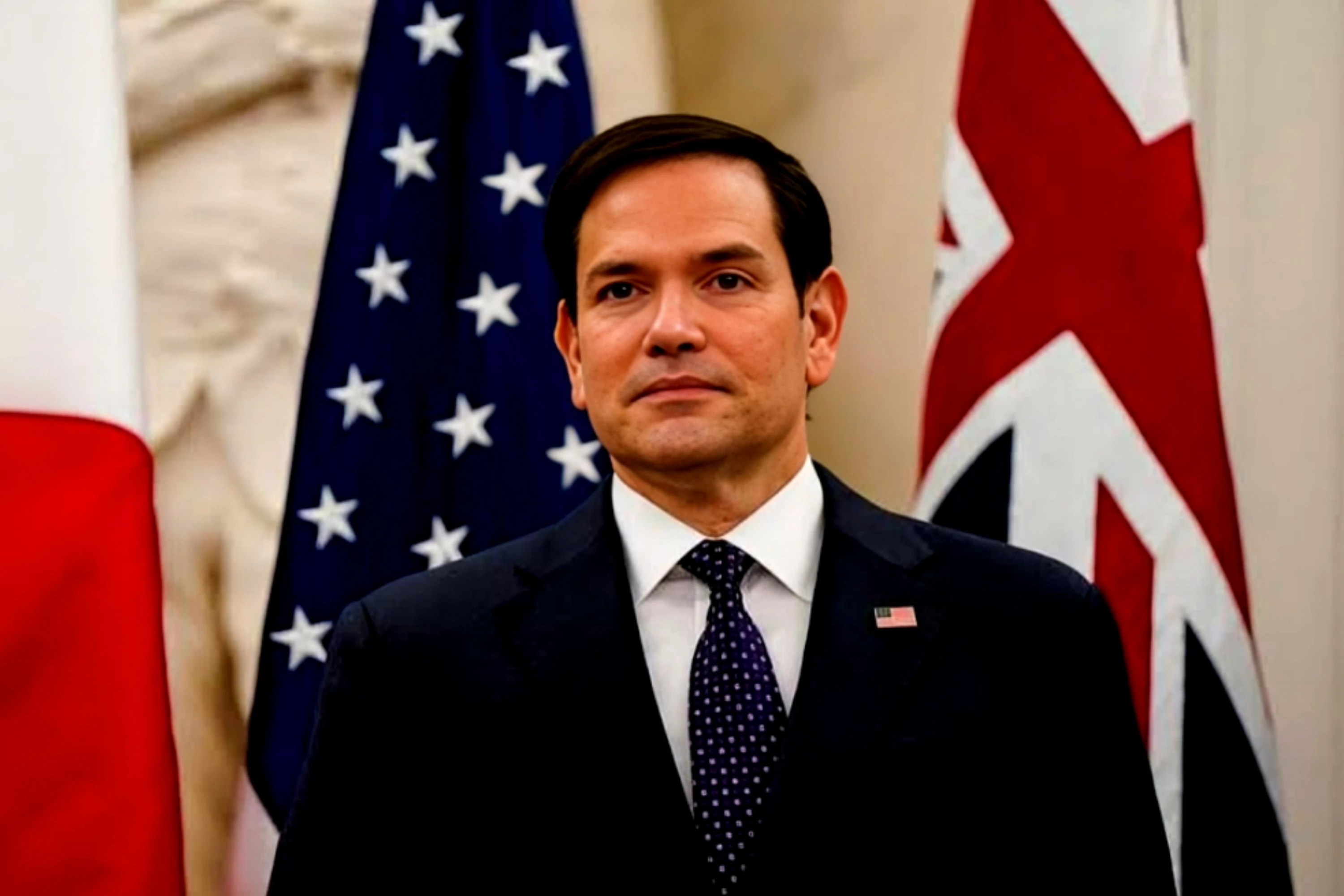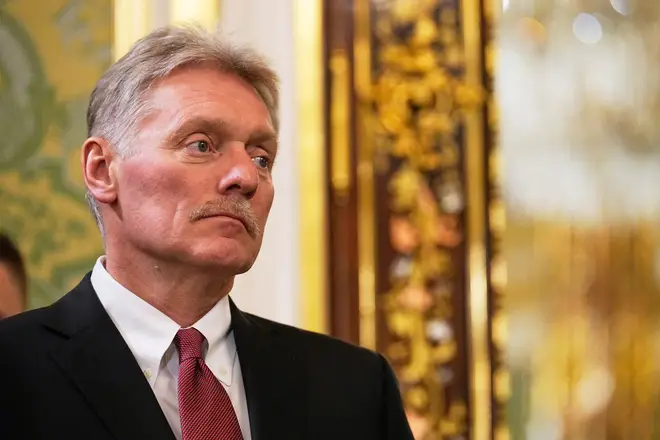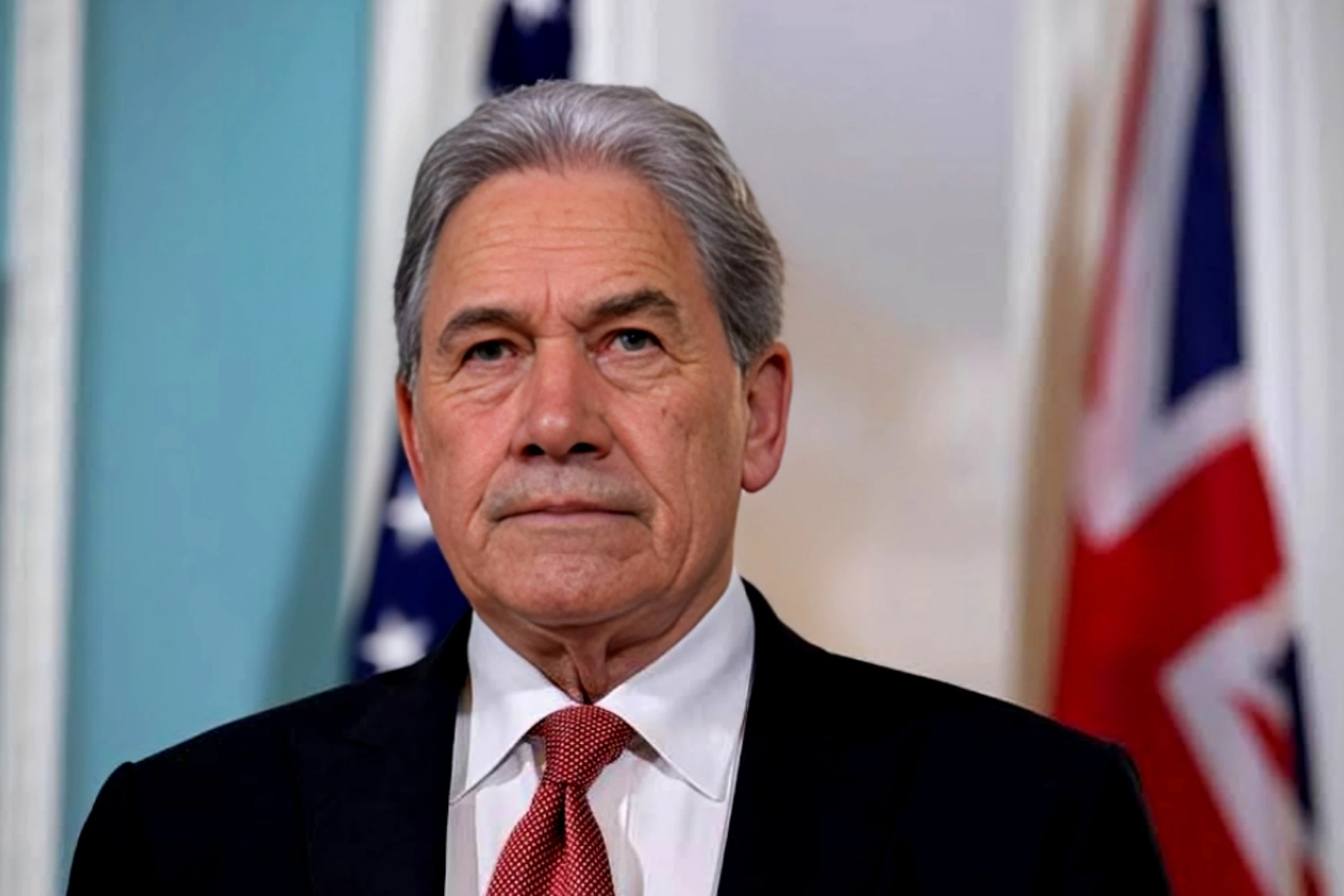Brussels: The European Union has imposed sanctions on nine individuals and a Rwandan gold refinery over alleged involvement in the ongoing conflict in eastern Democratic Republic of Congo (DRC). The move comes just ahead of scheduled peace negotiations in Angola between the M23 rebel group and the Congolese government.
Among those targeted are M23's political leader Bertrand Bisimwa and senior commanders from Rwanda’s military. The sanctions also extend to the head of Rwanda Mines, Petroleum and Gas Board, as well as Kigali-based Gasabo Gold Refinery, which the EU accuses of illegally exporting minerals from Congo.
Despite long-standing resistance to engaging with M23, President Felix Tshisekedi’s government has agreed to participate in Tuesday’s talks in Luanda, marking a potential breakthrough in efforts to resolve the conflict. This shift follows a series of military setbacks for Congolese forces since the start of the year, with M23 rebels gaining control of key cities and towns in the east.
The conflict, which has claimed at least 7,000 lives in 2024 and displaced hundreds of thousands, is deeply rooted in regional tensions dating back to the 1994 Rwandan genocide and the battle for control over Congo’s vast mineral wealth—resources vital for the global tech industry.
The United Nations and Western nations accuse Rwanda of arming M23 and deploying troops to support the rebellion, allegations Kigali denies. Rwanda insists its actions are defensive measures against Congolese forces and militias hostile to its government.
Western pressure on Rwanda has intensified, with countries like Britain and Germany withholding development aid over its alleged involvement in the conflict. In response to mounting international scrutiny, Rwanda announced on Monday that it was severing diplomatic ties with Belgium, the former colonial power in both Rwanda and Congo, and ordered Belgian diplomats to leave within 48 hours.
Belgium swiftly retaliated, with Foreign Minister Maxime Prevot declaring Rwandan diplomats persona non grata and condemning Kigali’s move as excessive.
The EU has previously sanctioned M23 leaders and Rwandan military officials, but analysts note that the latest measures—targeting Rwanda’s state-run minerals board and a gold refinery—highlight the role of resource exploitation in fueling the conflict.
Zobel Behalal, an expert at the Global Initiative Against Transnational Organized Crime, said the sanctions signal growing recognition of Rwanda’s economic motivations in the war. Neither the Rwandan mining board nor the gold refinery has responded to the allegations.
The European Parliament recently urged the EU to suspend a strategic minerals agreement with Rwanda, a pact meant to ensure responsible sourcing of critical minerals. The EU’s foreign policy chief confirmed that the deal is currently under review.



